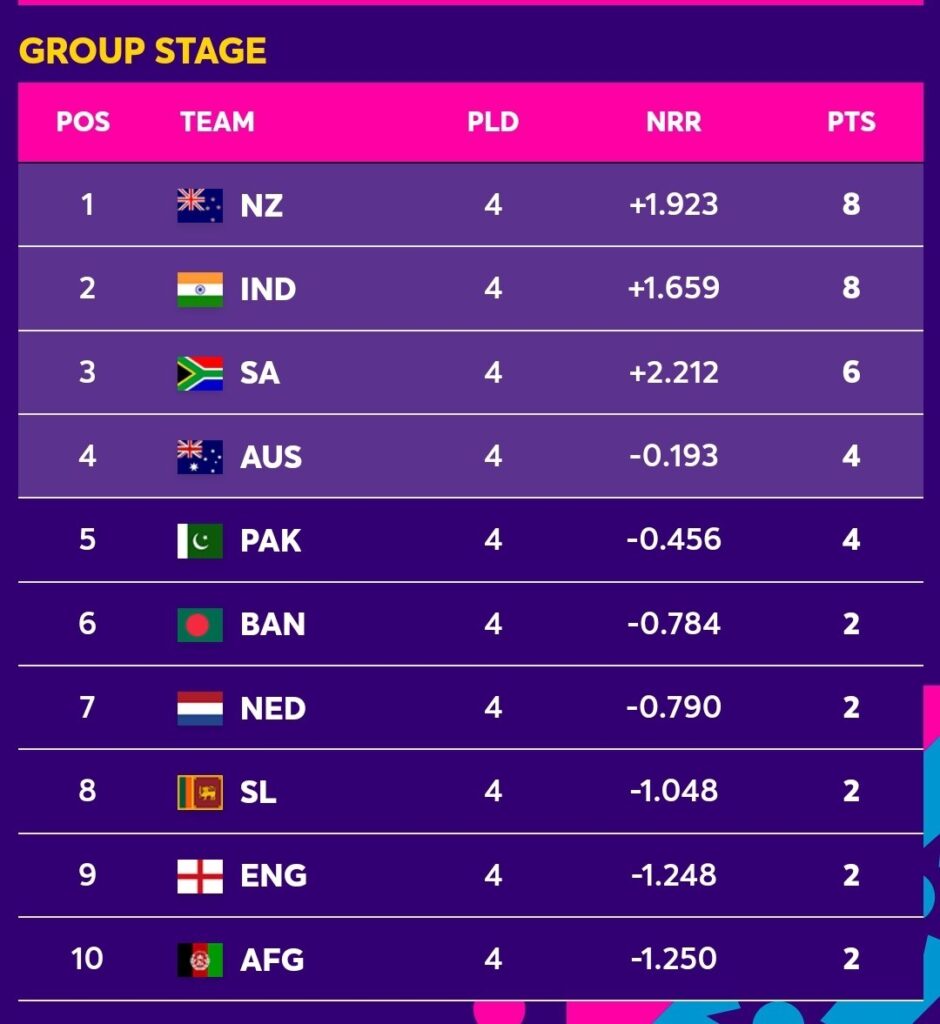ICC Ranking: Everything You Need to Know About the Latest Updates
When it comes to international cricket, one of the most talked-about topics is the ICC ranking. As a cricket enthusiast, I’ve always been curious about how these rankings work, who holds the top spots, and how they affect a team’s performance. Whether you’re new to the sport or a seasoned fan, understanding the ICC rankings is essential to grasping the competition’s dynamics.
What is the ICC Ranking?
The ICC ranking is a system used to evaluate the performance of teams and players in international cricket. Managed by the International Cricket Council (ICC), this ranking takes into account various formats like Test, ODI, and T20. It’s based on the performance of teams over a certain period and is updated regularly.
This ranking system is crucial because it not only reflects how well teams and players are doing but also influences things like scheduling matches, qualifications for tournaments, and even sponsorships. So, why is the ICC ranking so important? Let’s dive deeper into the specifics.
How is the ICC Ranking Determined?
The ICC ranking isn’t just a random list of teams. It is calculated using a points-based system that considers a variety of factors such as match results, margins of victory, and opposition strength. The ICC uses a complex formula to give each team a rating, which is then updated based on their most recent matches.
For example, if a team defeats a stronger opponent, they earn more points compared to beating a lower-ranked team. Moreover, the ranking also factors in the number of matches played and the consistency of performance over time. This way, the ICC ensures that rankings reflect more than just a single match or series result.

Key Factors Affecting the ICC Ranking:
Match Results: Wins, losses, and draws all impact rankings.
Opposition Strength: Beating top-ranked teams adds more points.
Match Margin: A huge win boosts a team’s ranking more than a narrow one.
Recency of Matches: The more recent your performances, the more they count.
Types of ICC Rankings
The ICC ranking system is divided into several categories based on the format of cricket played:
1. ICC Test Ranking
The ICC Test ranking is perhaps the most prestigious of them all. It ranks teams based on their performance in Test matches. With Test cricket being the most traditional format, it’s always exciting to see which team holds the top spot in the rankings.
2. ICC ODI Ranking
The ICC ODI ranking follows a similar structure to the Test rankings, but it evaluates teams based on their One Day International (ODI) performances. As ODIs are more frequent and global, these rankings change quickly.
3. ICC T20 Ranking
The ICC T20 ranking evaluates teams in the shortest format of the game. With T20 cricket growing in popularity, these rankings are crucial, especially in the build-up to events like the ICC Men’s T20 World Cup.
Why is the ICC Ranking Important?
As a cricket fan, I’ve often wondered why the ICC ranking matters. There are several reasons why these rankings are so vital:
Tournament Seeding:
The ranking often determines seeding for major tournaments like the World Cup or the T20 World Cup. Higher-ranked teams get favorable positions in the tournament draws, which can be an advantage.
Team Reputation:
A high ICC ranking can boost a team’s reputation and appeal, leading to better sponsorship deals and fan support. Teams with low rankings may struggle with financial backing and support.
Qualification for Events:
Some tournaments, including the ICC World Cup, use the ICC rankings to decide automatic qualification. Higher-ranked teams are usually guaranteed a spot, making the ranking system vital for long-term success.
Player Motivation:
The individual performance of players also feeds into the ranking. Being a top-ranked player in your category brings immense pride and recognition, pushing athletes to perform at their best.
The Impact of ICC Ranking on Players
Players, just like teams, are ranked individually. For batsmen, bowlers, and all-rounders, the ICC ranking provides a direct reflection of their recent performances. Players in the top 10 across different formats often get more recognition, and their careers benefit from higher visibility.
How Does Player Ranking Work?
- Batsmen: Ranked based on runs scored, consistency, and impact.
- Bowlers: Ranked based on wickets taken, economy rate, and match-winning performances.
- All-Rounders: These players get rankings based on their contribution both with bat and ball.
Keeping Track of ICC Rankings
To keep up with the latest ICC ranking updates, you can visit the official ICC website. The rankings are regularly updated, so it’s important to check often, especially during and after big series or tournaments.
For the most up-to-date information, ICC also provides detailed rankings for individual players across all formats. It’s a great way to see how your favorite players are performing.
Final Thoughts
In conclusion, the ICC ranking system is more than just a list of positions; it’s a powerful tool that influences the world of international cricket. Whether you’re a casual viewer or a hardcore fan, understanding the intricacies of how these rankings work can deepen your appreciation of the sport. Rankings not only affect team strategies but also influence the career paths of players, sponsorships, and more.
As a fan, it’s thrilling to follow the ICC ranking and see which team rises to the top or which player makes it into the elite rankings. If you’re new to the sport, or even if you’ve been following it for years, I hope this breakdown helps you better understand the significance of these rankings in shaping the world of international cricket.
Wanna explore much more related to Football, Golf, Cricket, and all popular sports?
Visit us today at sportsinfoo.online




